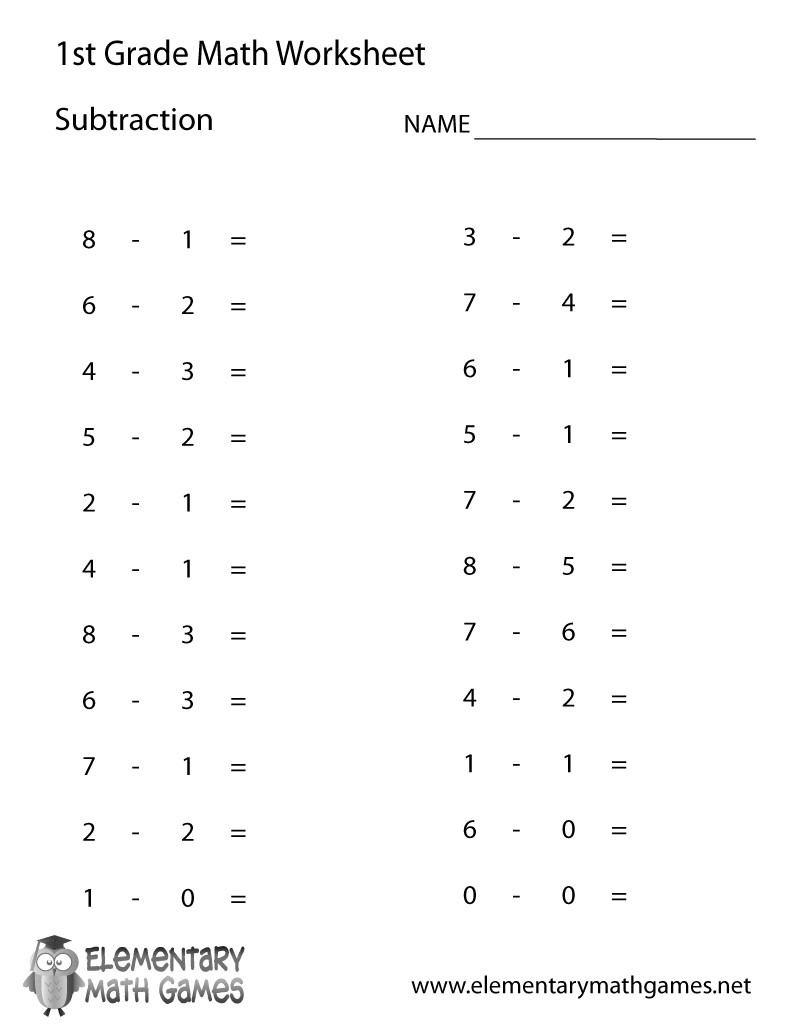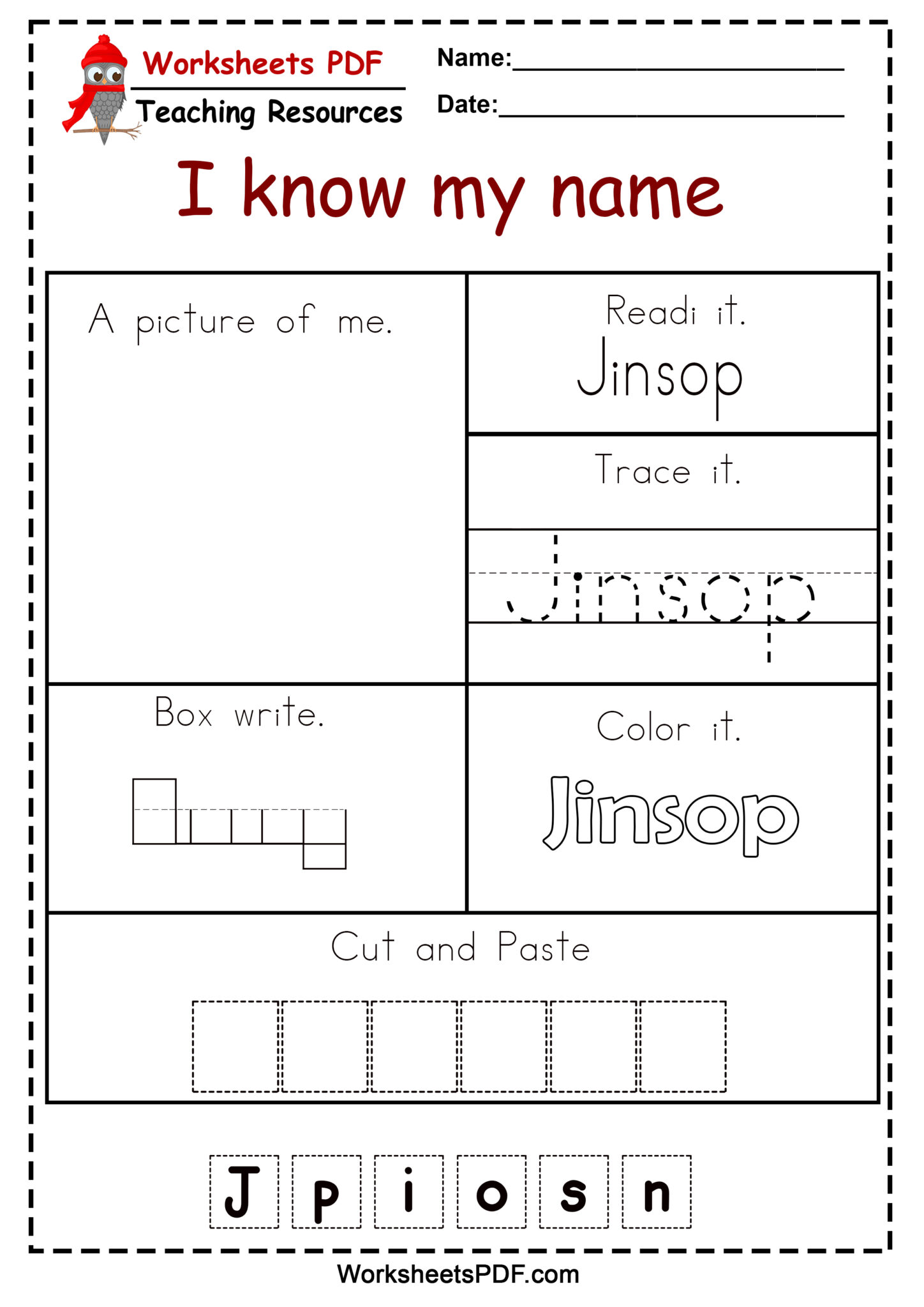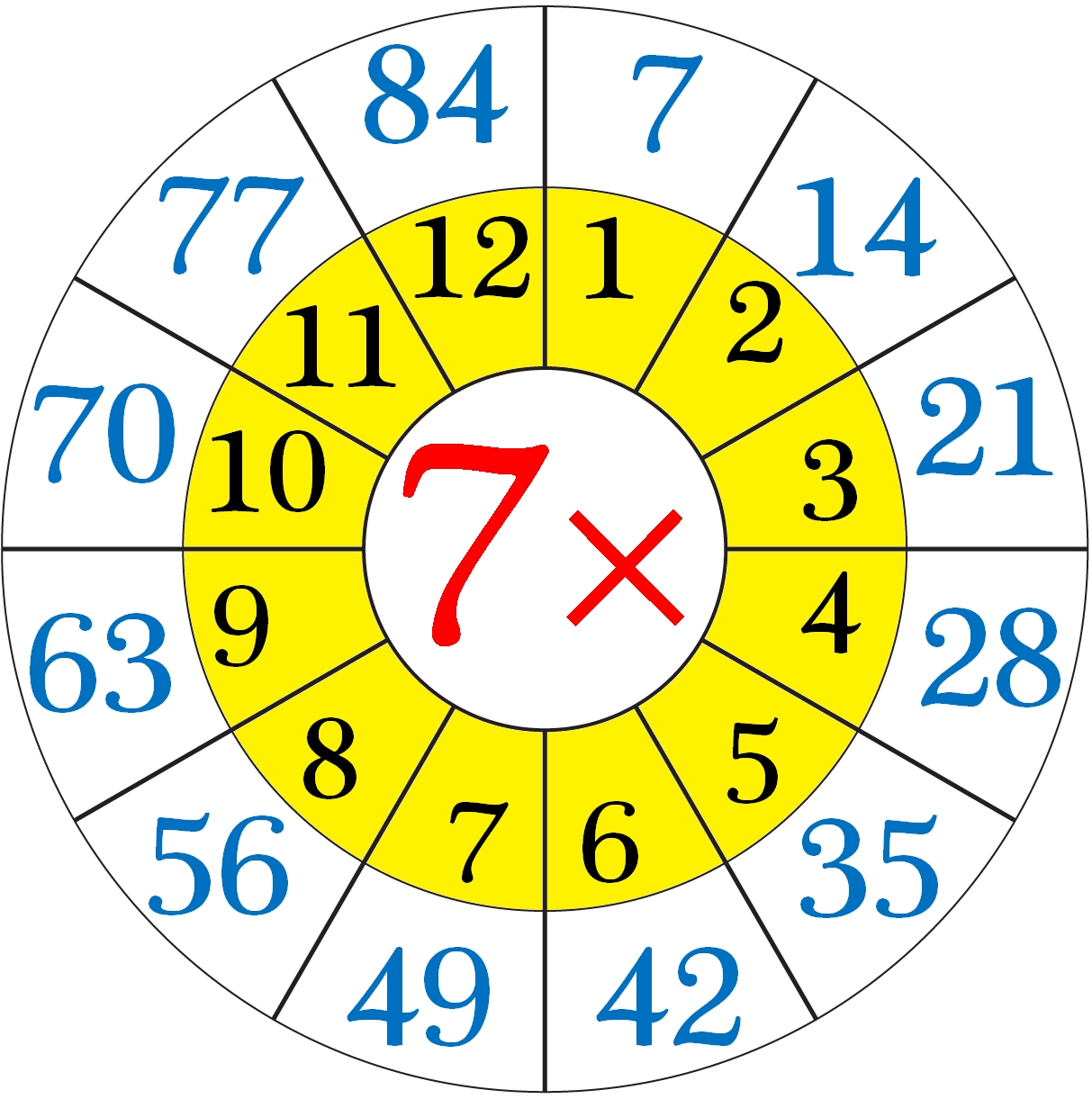Fraction to Decimal Conversion Made Easy
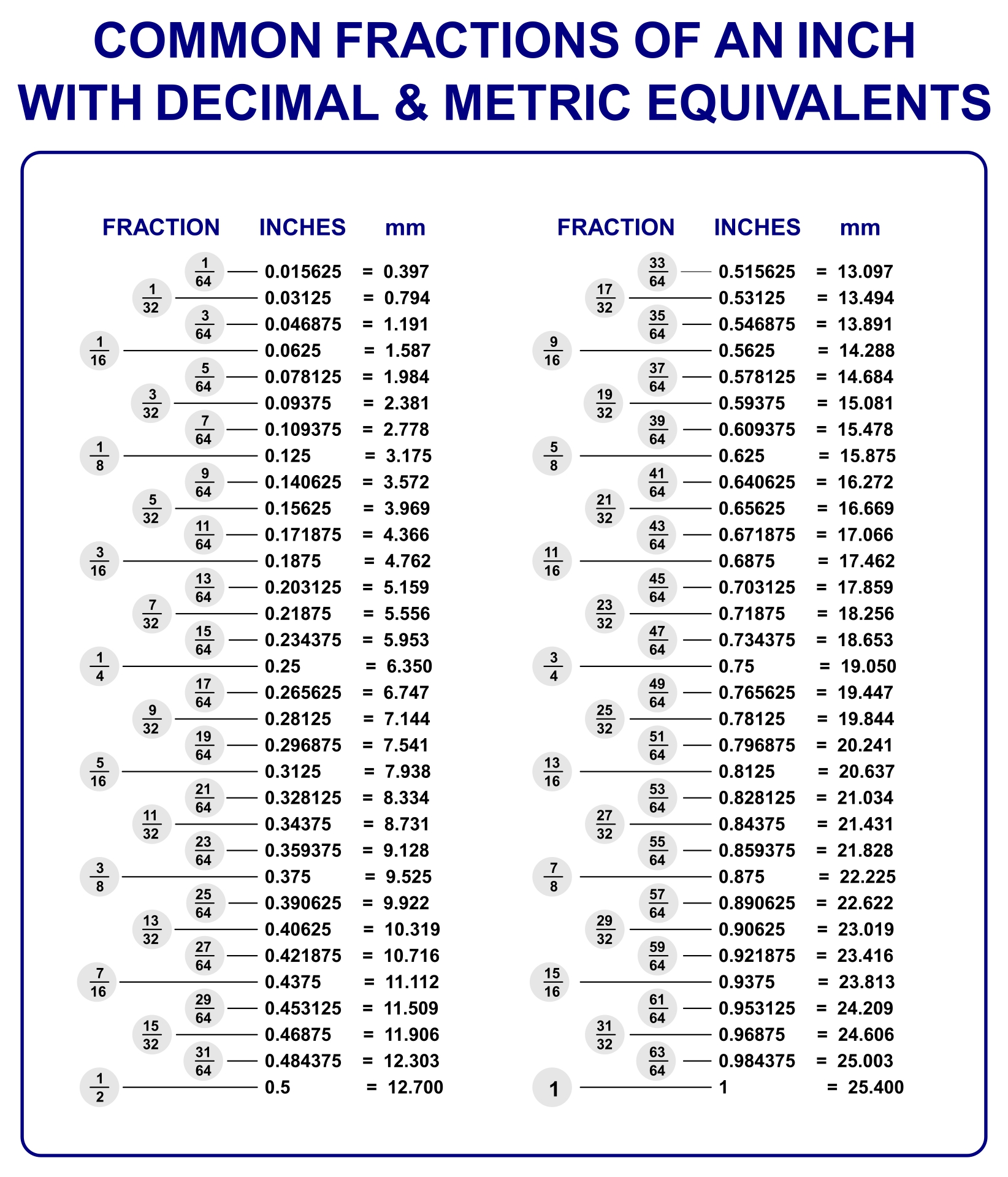
Understanding Fractions and Decimals
In mathematics, fractions and decimals are two different ways to represent numbers. Fractions are used to represent a part of a whole, while decimals represent a number in terms of its place value. Understanding how to convert fractions to decimals is an essential skill that can help you solve various mathematical problems. In this article, we will explore the different methods of converting fractions to decimals, making it easier for you to grasp this concept.
Method 1: Division Method
One of the simplest ways to convert a fraction to a decimal is by using the division method. This method involves dividing the numerator (the top number) by the denominator (the bottom number).
Example: Convert the fraction 3⁄4 to a decimal.
- Divide the numerator (3) by the denominator (4)
- 3 ÷ 4 = 0.75
Therefore, the decimal equivalent of the fraction 3⁄4 is 0.75.
Method 2: Using Equivalent Fractions
Another method to convert a fraction to a decimal is by using equivalent fractions. This method involves finding an equivalent fraction with a denominator that is a power of 10.
Example: Convert the fraction 2⁄5 to a decimal.
- Find an equivalent fraction with a denominator that is a power of 10: 2⁄5 = 4⁄10
- Since the denominator is 10, we can write the fraction as 0.4
Therefore, the decimal equivalent of the fraction 2⁄5 is 0.4.
Method 3: Using a Calculator
In today’s world, we have calculators that can easily convert fractions to decimals. This method is quick and easy, but it’s essential to understand the concept behind the conversion.
Example: Convert the fraction 7⁄8 to a decimal using a calculator.
- Enter the fraction 7⁄8 into the calculator
- The calculator will display the decimal equivalent: 0.875
Therefore, the decimal equivalent of the fraction 7⁄8 is 0.875.
🤔 Note: When using a calculator, make sure to enter the fraction correctly, and the calculator will give you the decimal equivalent.
Common Fractions and Their Decimal Equivalents
Here are some common fractions and their decimal equivalents:
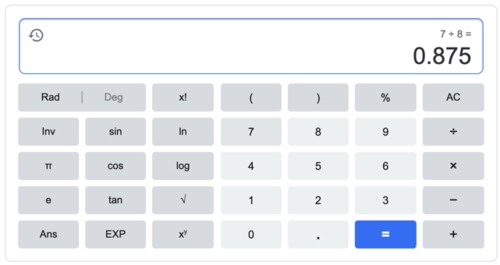
| Fraction | Decimal Equivalent |
|---|---|
| 1⁄2 | 0.5 |
| 1⁄4 | 0.25 |
| 3⁄4 | 0.75 |
| 2⁄3 | 0.67 |
| 3⁄5 | 0.6 |
Tips and Tricks
- When converting fractions to decimals, make sure to check if the fraction is in its simplest form.
- Use a calculator to check your answers, especially when dealing with complex fractions.
- Practice, practice, practice! The more you practice converting fractions to decimals, the more comfortable you’ll become with the concept.
What is the difference between a fraction and a decimal?
+A fraction represents a part of a whole, while a decimal represents a number in terms of its place value.
How do I convert a fraction to a decimal?
+You can convert a fraction to a decimal by using the division method, finding an equivalent fraction with a denominator that is a power of 10, or using a calculator.
What are some common fractions and their decimal equivalents?
+Some common fractions and their decimal equivalents include 1/2 = 0.5, 1/4 = 0.25, and 3/4 = 0.75.
In conclusion, converting fractions to decimals is a straightforward process that requires understanding the concept of fractions and decimals. By using the division method, finding equivalent fractions, or using a calculator, you can easily convert fractions to decimals. With practice and patience, you’ll become more comfortable with this concept, and it will become second nature to you.
